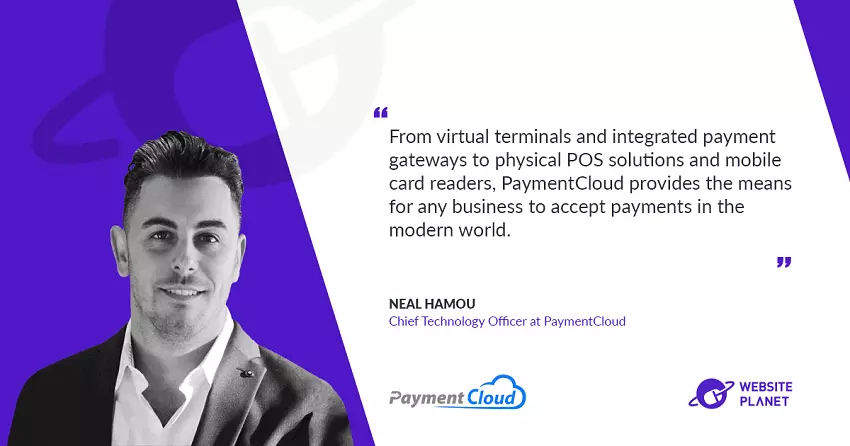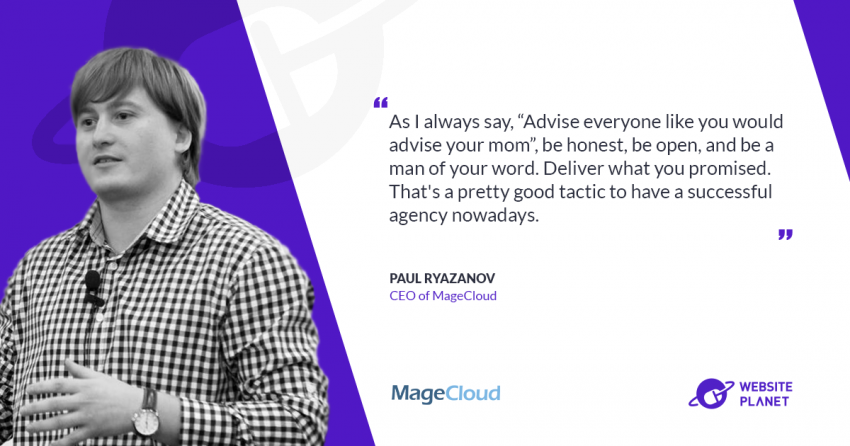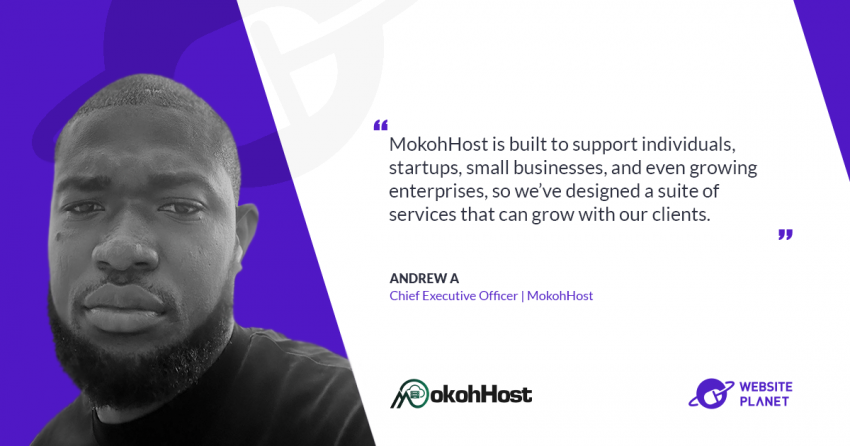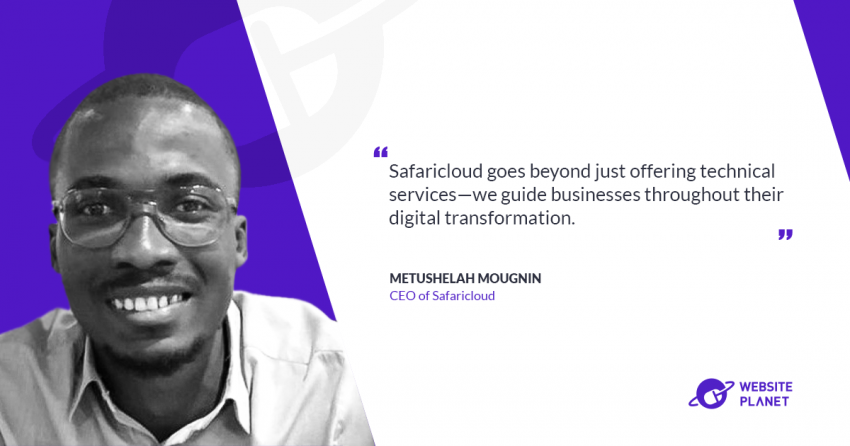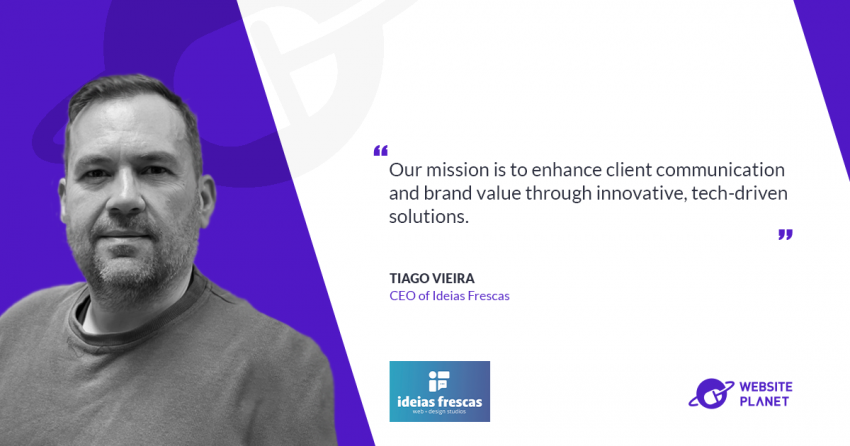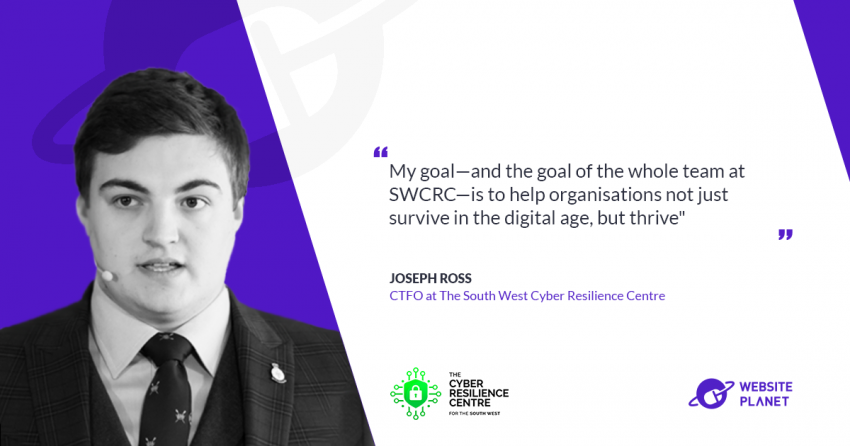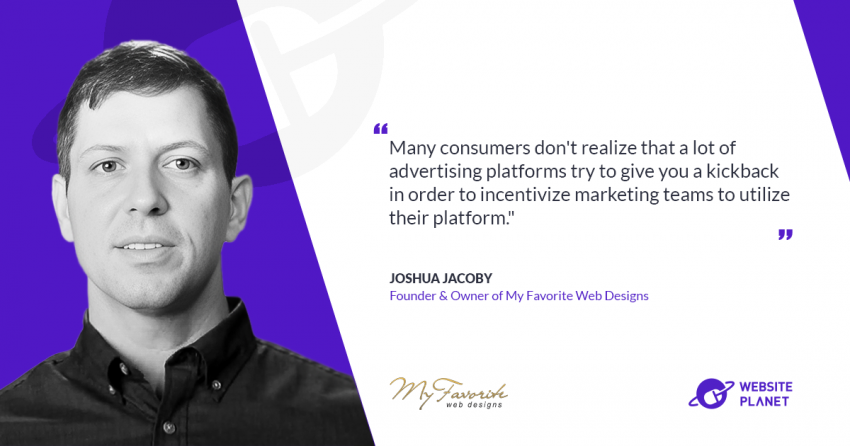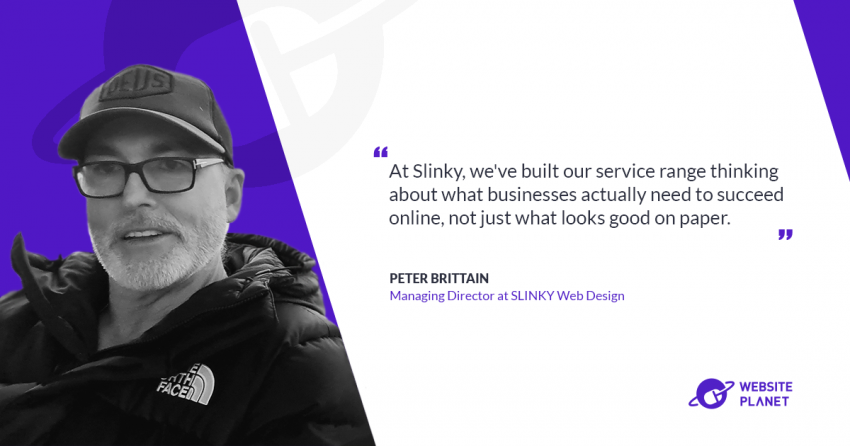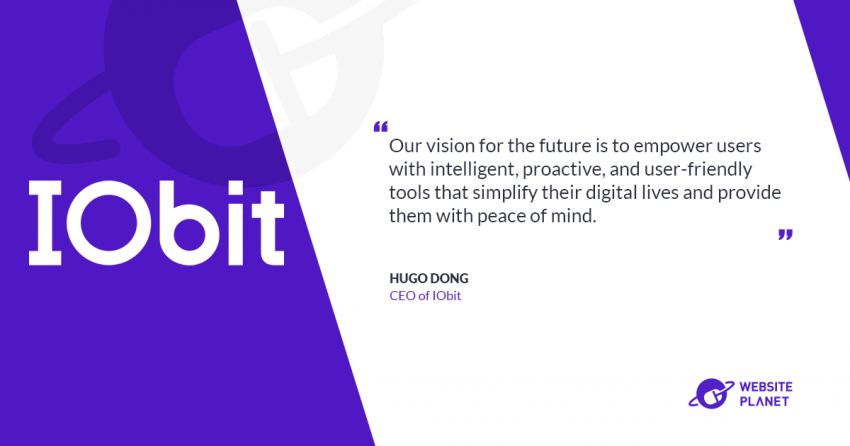This week, we had the opportunity to speak with Neal Hamou, the Chief Technology Officer at
PaymentCloud – a company that strives to secure payment processing for any type of business, whether that be high risk, low risk, or simply hard to place industries. We discussed their beginnings, modern cybersecurity issues, and the future of online credit card processing industry.
What is PaymentCloud?
Based in Encino, California,
PaymentCloud is a full-service merchant services company bringing real-life solutions to businesses across the nation. We offer a full suite of credit card processing solutions from wireless terminals to payment gateways and everything in between.
Our primary focus centers on MOTO and eCommerce merchants that need to accept payments either one time or with a recurring billing structure. Our gateway agnostic model enables us to be compatible with almost any setup or configuration the merchant has.
Please describe the story behind the PaymentCloud: What sparked the idea, and how has it evolved so far?
PaymentCloud is the second iteration of a successful high-risk model that was previously acquired back in 2015 by a subsidiary of Wells Fargo. The concept was born out of a garage, with Shawn Silver (CEO) and partners Neal Hamou (CTO) and Michael Wright (COO) expanding upon a working model with the idea of scaling it to be much bigger and better than its predecessor.
Since then, the idea of a hands-on merchant services provider has grown into a real company, boasting over 75 team members, several nationally recognized awards, and an unparalleled culture of teamwork. PaymentCloud’s growth has exploded since its inception. What started as a humble FinTech startup has grown into a multi-faceted Inc. 5000 company with 1,536% growth in its first three years of business.
What services do you offer?
From virtual terminals and integrated payment gateways to physical POS solutions and mobile card readers, PaymentCloud provides the means for any business to accept payments in the modern world. No matter the industry, we are equipped to handle the complexities that come from managing a small brick-and-mortar storefront, all the way up to mega eCommerce sites requiring sophisticated subscription billing services.
We have also recently acquired
Paysley—the only on the spot, contactless, and fully customizable QR code and text message payment platform made for business owners. All of this comes with a merchant-first mindset, where our customer service really sets us apart. We take the time to get to know our merchants and partners so we know exactly how to best meet their needs.
What separates you from other similar websites/companies?
PaymentCloud offers accessible full-scale merchant services with a white glove mentality. To accommodate every market, our team works with a large ISO/Agent body, allowing for over 80% of top digital ISOs to utilize our services for hard-to-place clientele. To pair with our robust offerings, we offer merchants personalized, one-on-one care to guide them through the entire process. At PaymentCloud, we strive to make credit card processing as seamless and transparent as possible.
We are also pushing the boundaries in FinTech and striving to stay ahead of the curve so we can equip our merchants with the latest in payment technology. What really sets PaymentCloud apart is our dedication to our customers.
Not only that, but our passionate employees bring life to an otherwise mundane industry. The culture and teamwork on display at PaymentCloud are truly unparalleled in the payments space. The staff at PaymentCloud is cutting-edge and unorthodox—everything you expect an office full of career-driven, future-oriented Millennials and Gen Zers to be.
Now, many of the same faces that accompanied us in the early days are advancing within the company and leading a new group of young payment professionals to their careers in the industry.
Would you say there is enough awareness of cybersecurity among the industry and the people you work with?
As payments rapidly move further into the digital space, cybersecurity is a top priority. While there is no such thing as “too safe” online, we are constantly trying to educate our partners and merchants with ways to keep their data safe. When it comes to industry professionals, I do think there is a great deal of awareness when it comes to cybersecurity and protecting cardholder data. The majority of fraudulent transactions take place in a card-not-present environment.
Because of this, shopping carts and gateways are on the front lines and vital to mitigating the risks associated with fraudulent transactions. Shopping cart technology has gotten much more sophisticated in the way it can detect fraudulent behavior and prevent bad transactions from occurring.
On the gateway side, advanced fraud filters can recognize anomalies in frequencies, IP addresses, and hundreds of other variables. That’s not to say the industry has it figured out, but they are definitely making strides to protect consumers. It’s rightfully becoming an exceedingly popular topic among card brands and issuers.
Not to plug, but this seems to be a perfect segue into Paysley, our new solution which aims to combat the fraud that happens in a card-not-present environment. Take a phone order, for example. Often times cardholders are asked for their card details over the phone by a complete stranger who can potentially write that information down and use it to commit fraud.
With Paysley, merchants can send text message requests and email requests for the user to complete privately and securely with the click of a button. The merchant and their employees are never privy to cardholder data, which eliminates a large amount of risk for the cardholder. Pair that with in-person QR code payments at the table and the card never leaves the cardholder’s wallet, let alone their sight.
How do you envision the future of your industry?
Our industry is comprised of many different players, or pieces if you will. However, I’ll only address the future from three perspectives—the bank, the merchant, and—quite possibly the most important—the end user/cardholder.
The big bad banks are the institutions that take on all the liability and fund the transactions. Merchants don’t understand that the processors and banks bear all the liability when transactions occur and pay the merchant out in good faith. These banks are under constant scrutiny from government agencies like the CFPB, FTC, and FBI.
Due to the ever-increasing amount of fraud that happens online, banks are getting tougher and tougher when it comes to credit policies and merchant approvals. I don’t see credit policies opening up in the near future, if anything I think banks are becoming even more stringent.
From a merchant’s point of view, they are accustomed to having everything instantly without any friction whatsoever. Using
Stripe as a use case (they are pushing the boundaries of payment technology and frictionless onboarding) merchants are used to being set up in a matter of minutes and processing right away.
In order to compete as a merchant provider, they need to not only figure out frictionless onboarding and setup but also come out with value-add offerings (think tech) that are unique to the marketplace.
With payments becoming commoditized they are just another option among a sea of independent agent/ISOs. Assuming product offering is the same, merchants will consistently flock to the easiest option that meets their needs.
From the cardholder’s perspective, the industry is shifting to accommodate them. In other words, point of sale solutions are becoming quicker and easier to use—whether it’s tapping a card against a reader, snapping an image of a QR code, or paying through Apple Pay. User experience has shifted to accommodate mobile payments and will continue to do so in the coming years. I also think facial recognition will rise in popularity among terminal manufacturers, although it hasn’t quite caught on yet here in the United States.
Another big factor that end users are coming to expect is rewards programs. You’ll often make a purchase at a favorite store and expect to rack up points to redeem down the road. Merchants that fail to meet the changing demands of the consumer will miss out.
